Turkey Launches Investigation into Price Interference by Resellers
The Turkish Competition Authority has announced the launch of a large-scale investigation into several prominent companies, including Apple, as well as local enterprises such as Destek Bilisim, Easycep Bilisim, Getmobil Technology, and HB Bilisim. The primary focus of the investigation is on whether these companies have interfered with the pricing methods of their resellers, potentially violating Turkey's competition laws. This development marks a significant moment for the Turkish market, drawing attention to issues surrounding fair trade and market transparency.
The Context of Competition Regulation in Turkey
Competition regulation plays a fundamental role in shaping Turkey's economic environment, ensuring fair opportunities for businesses while protecting consumer rights. This investigation into high-profile entities like Apple underscores the authorities’ commitment to enforcing pricing transparency and preventing possible exploitation or monopolistic practices in the market.
Key Allegations Being Investigated
1. Interfering with Reseller Pricing: The companies in question are suspected of influencing the pricing strategies of resellers, potentially limiting their ability to set independent pricing. This may lead to reduced competition within the marketplace, restricted profit margins for resellers, and diminished choices for consumers.
2. The Role of Technology in Distribution: Technology is central to the distribution of high-tech products, making it easier for large companies to monitor and potentially manipulate pricing across platforms—a concern that regulators are closely examining.

Potential Consequences of Violations
Should the findings of the investigation confirm unlawful price interference, the repercussions for the companies involved could be severe:
- Financial Penalties: Breaching Turkey's competition laws may result in hefty fines, which could impact the financial performance of the companies, particularly local players who rely heavily on the Turkish market.
- Reputational Damage: Being implicated in an antitrust investigation could harm the public image of both international corporations like Apple and local enterprises, negatively affecting their relationships with consumers and partners alike.
- Market Access Restrictions: In extreme cases, companies found guilty of significant violations might face restrictions or even bans from operating in Turkey—a critical market for a wide array of consumer electronics.
Turkey's Competitive Market Framework
Turkey has long been a dynamic business environment where regulators strive to balance the interests of businesses and consumers. Turkish competition laws are designed to safeguard market fairness while encouraging innovation. However, any practices that threaten to undermine competition are treated as significant threats to the economic ecosystem.
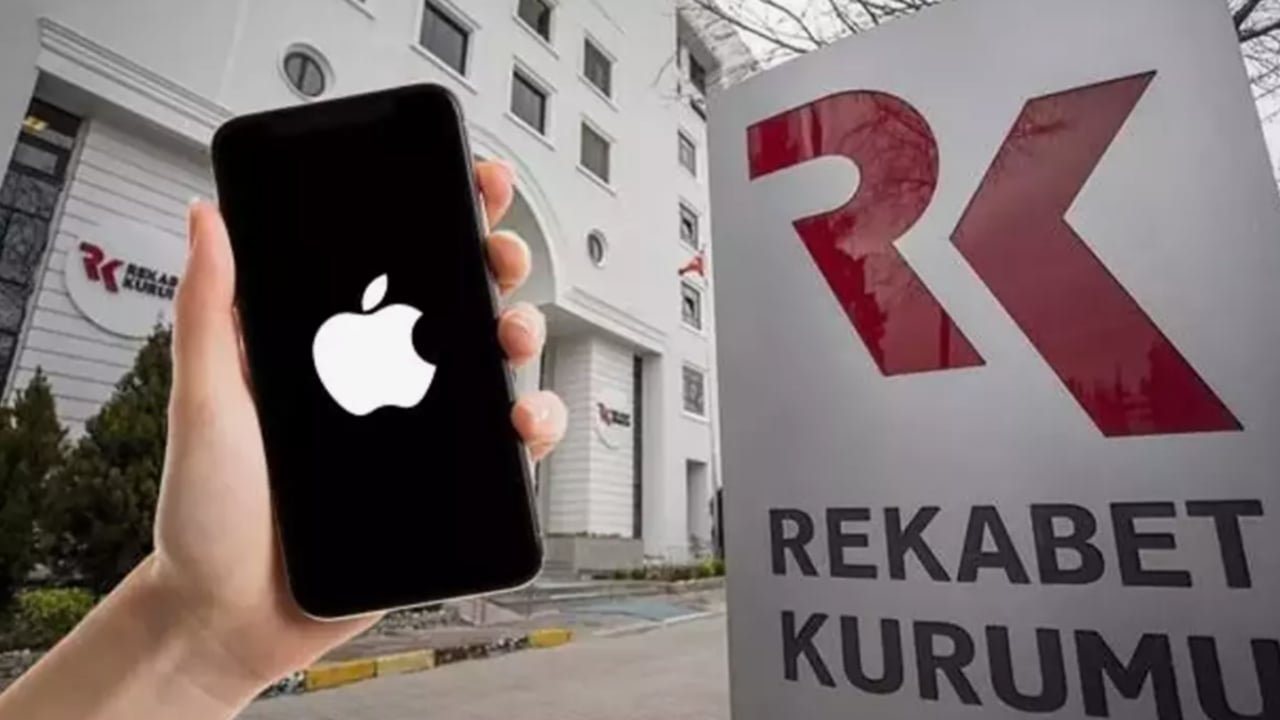
Factors Affecting Turkey’s Electronics Market
- Rising Consumer Demand: The strong demand for electronic products, particularly high-tech devices, puts added pressure on resellers, leading some to seek partnerships or concessions with larger corporations.
- Digitization and E-commerce Growth: As digital platforms and online sales continue to expand, the possibility of influencing pricing through these channels becomes a critical area of concern for authorities.
Conclusion
This case is being closely monitored both domestically and internationally. It highlights the importance of adhering to transparent and equitable trading practices while strengthening regulatory oversight mechanisms to counter potential unfair market behaviors. Regardless of the investigation's outcome, it will serve as a crucial reminder for technology market players about the importance of maintaining compliance with competition laws.


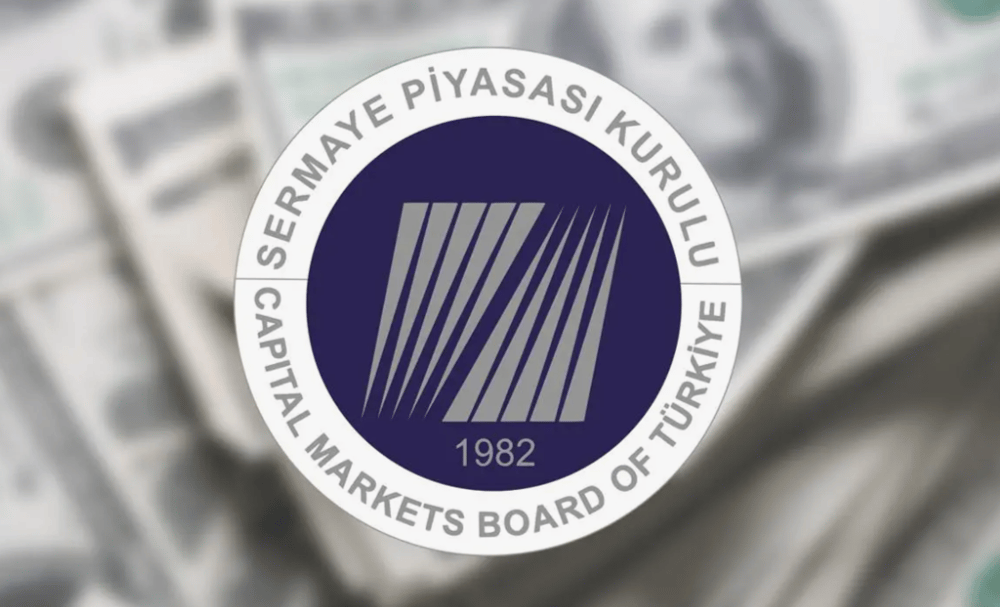


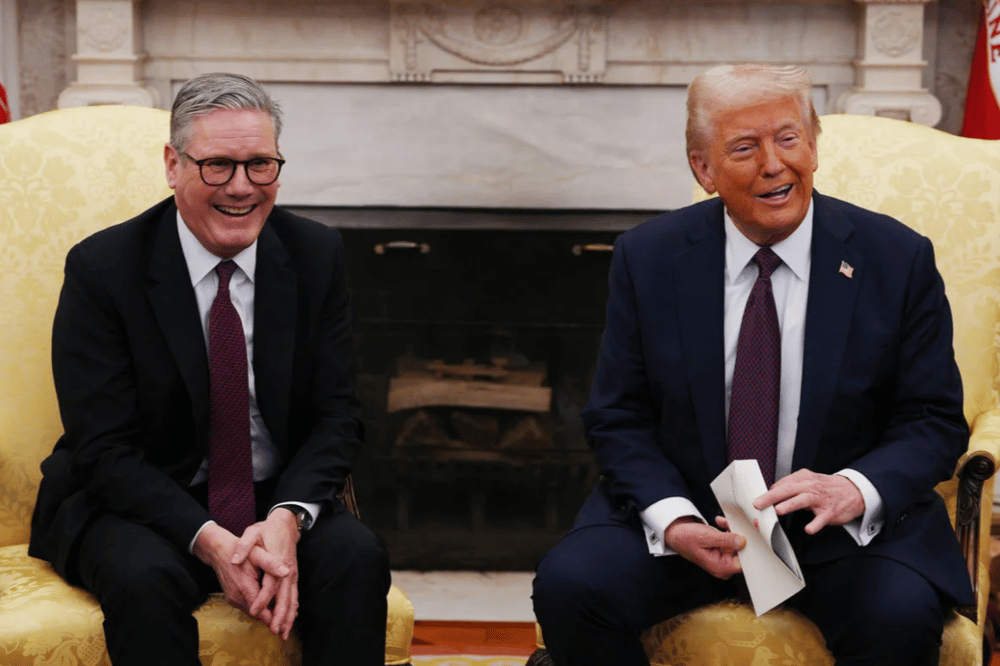

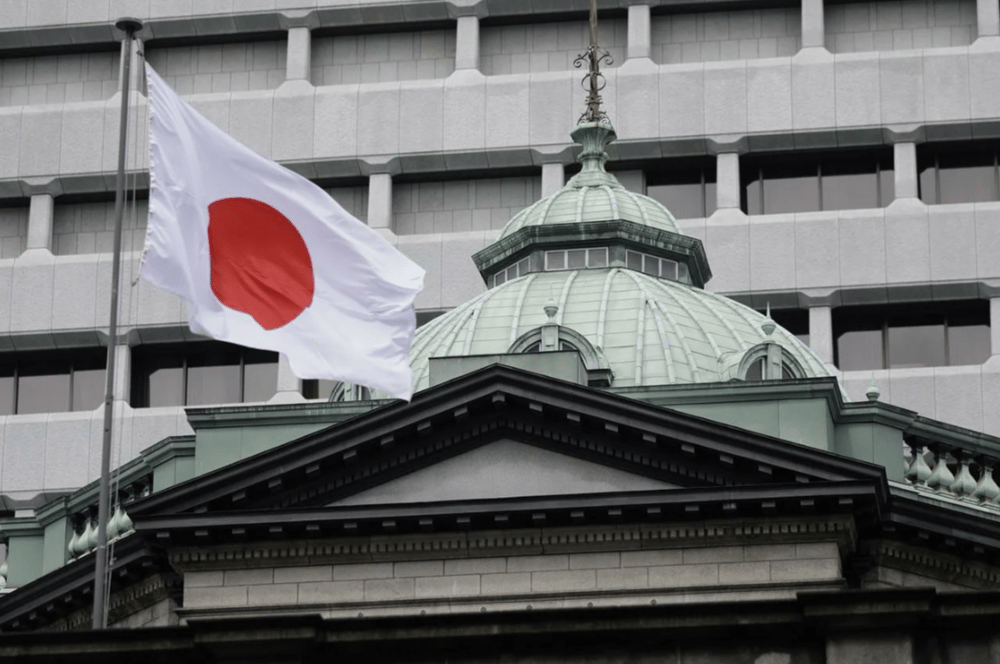

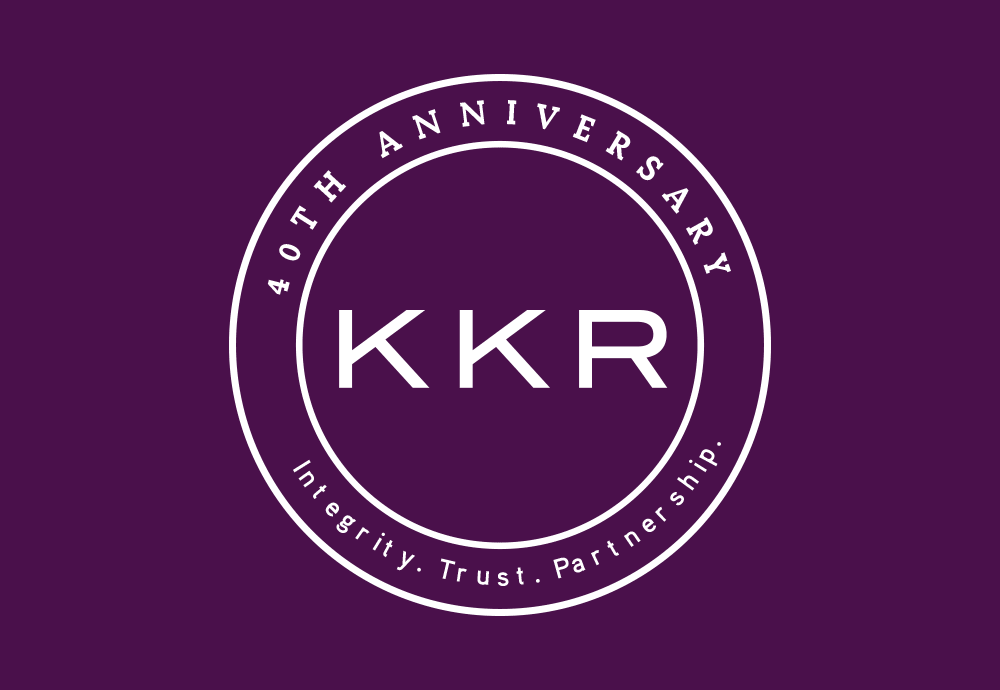
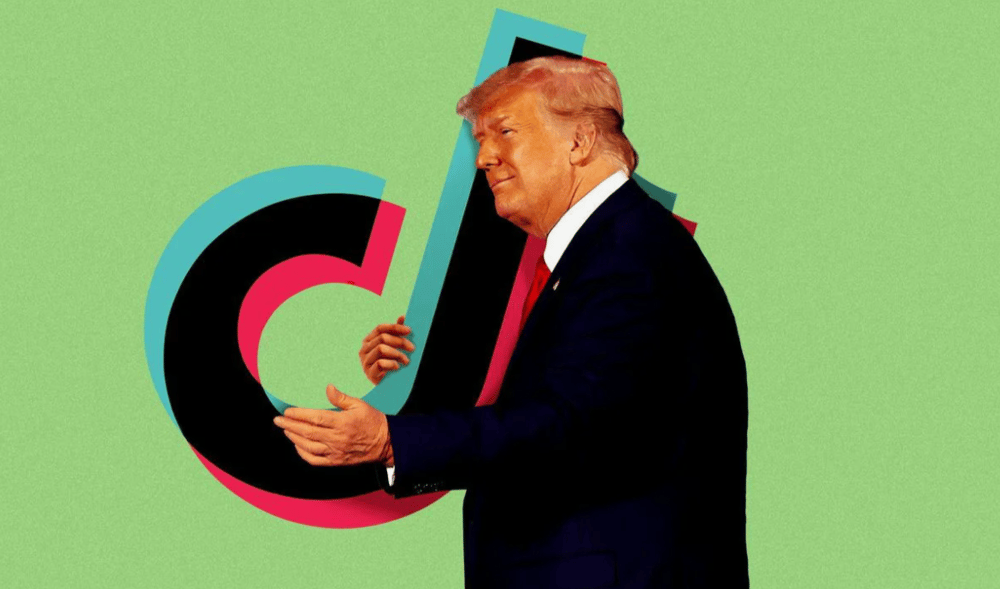

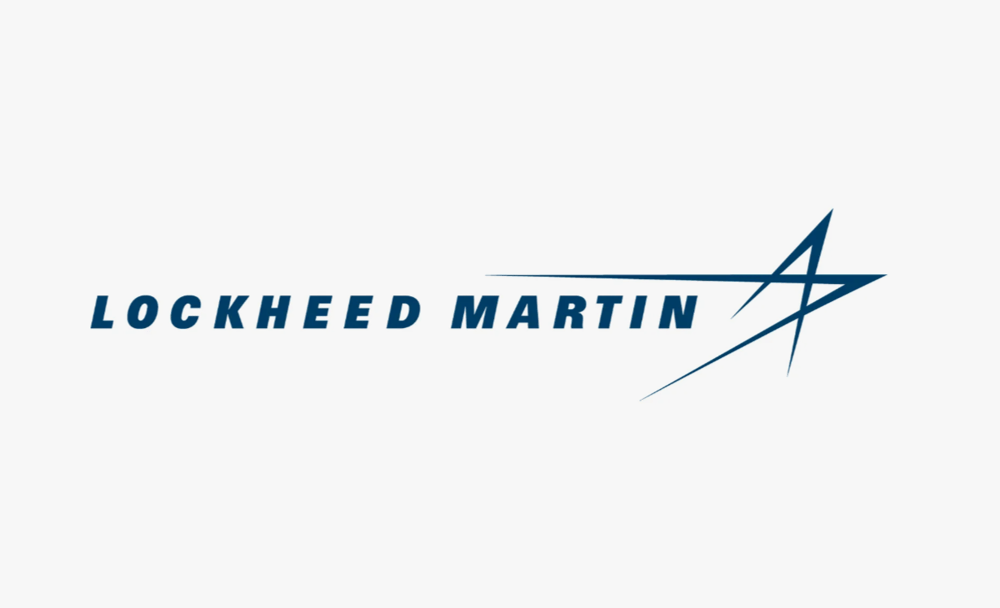


Comments